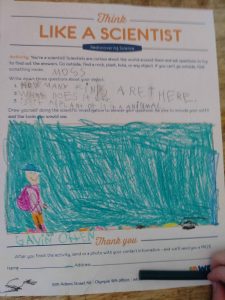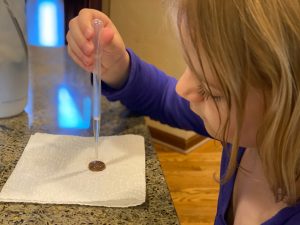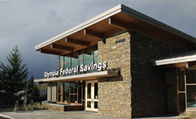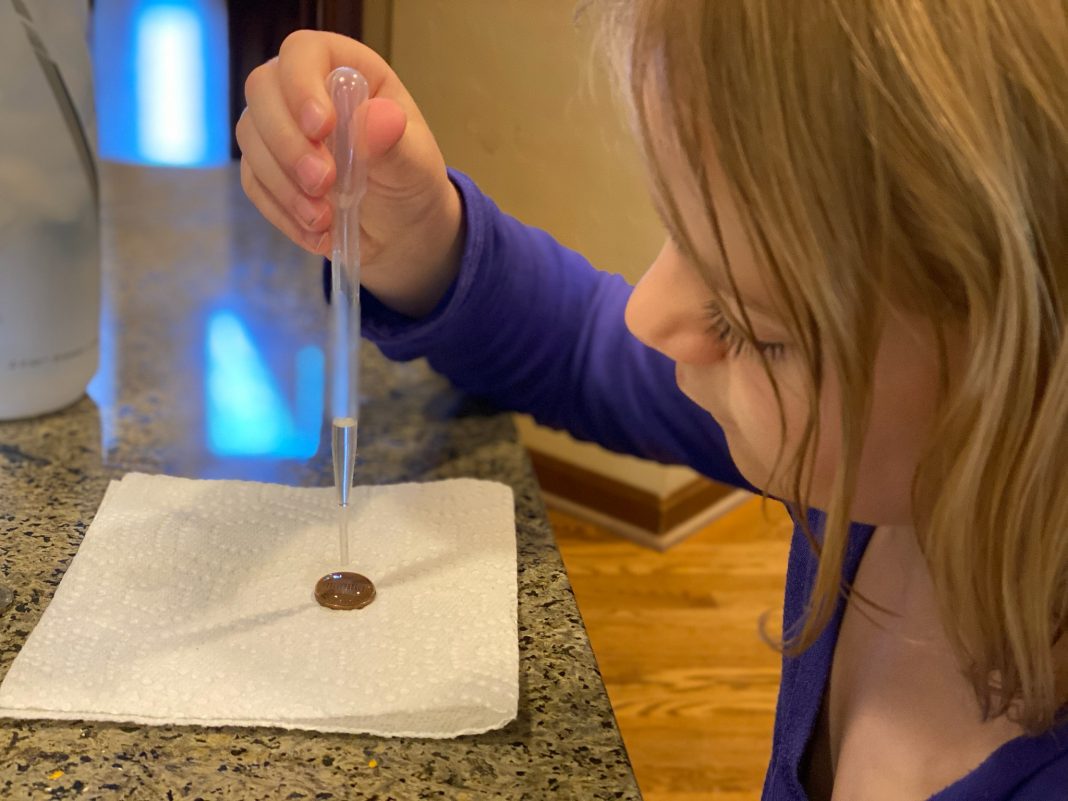From precipitation falling on the sidewalk, to a churning wave in the Puget Sound, water is a constant sight in the Pacific Northwest. This includes the water that flows from natural sources, to local faucets for residential and commercial use, and to wastewater treatment plants.

At the WET Science Center, educators and water treatment professionals work to tell the story of local water by helping to demystify the wastewater treatment process. Through interactive exhibits, educational programs and online offerings, students, residents and families can learn how wastewater is treated, how water moves through the water cycle and water conservation efforts within the South Sound.
“The WET Science Center is an education program about the science behind wastewater treatment,” explains Siri Nelson, education program manager for the LOTT Clean Water Alliance. “And our objective is to teach some of that science and also inform the public about water conservation and other water use issues in the community.”
The WET Science Center is part of LOTT Clean Water Alliance, an organization that provides wastewater management services across Thurston County. Connected to the LOTT’s Budd Inlet Treatment Plant in downtown Olympia, the WET Science Center programs include school field trips, tours of a wastewater treatment plant and events with local education programs.
“We sometimes host additional organizations, like Wolf Haven,” says Nelson. “The idea is people come in and they learn about these different topics, wolves, mushrooms, how to make your own green cleaners. And then they also see our exhibits and learn about the wastewater treatment process. And we also have a field trip program that helps to educate about wastewater treatment.”
Virtual Programs, Real Science

Since the start of the COVID-19 pandemic, the WET Science Center is temporarily closed and has moved programs to a virtual setting, for the health of visitors and wastewater treatment employees. Despite the pandemic, wastewater continues to be produced by local residents and LOTT has continued their essential wastewater treatment work.
“We are sad that the science center is closed,” explains Nelson. “But the WET Science Center shares the building with the rest of our staff who run the wastewater treatment plant and we must stay closed to protect the essential workers.”
Nelson says that although in-person operations are temporarily suspended, there are still many virtual programs available for students and families. Partnering with local school districts, the WET Science Center is conducting virtual field trips for students engaged in remote learning.
“With our partner school districts, we are providing virtual field trips,” says Nelson. “We join a Zoom classroom with the teacher, we provide interactive activities, and activities for the students to learn at home.”
For elementary-aged learners who wish to further explore the natural world, Scientists on the Go is a weekly program that compliments a student’s virtual schoolwork. From the life cycle of a raindrop, to howling with wolves, a new adventure awaits each week, all while picking up additional reading, writing and math skills along the way.
From discovering a micro-ecosystem in backyard soil, to becoming paleontologists engaged in the study of pre-historic reptiles and the never-ending water cycle, the WET Science Center is also offering at-home science-based activities that students can complete at their own pace. Through the Rediscovering Science virtual program, young minds can research, conduct experiments and complete activities centered around 14 different STEM topics.
“These programs encourage people to explore their neighborhood,” says Nelson. “While some activities are not directly related to water, they build on science concepts and keep kids curious about the world.”
The WET Science Center team strives to stay connected with the community and foster a love of science in young learners. After pivoting their services to a virtual medium, Nelson says the science center has many exciting ideas for future programs, both when they reopen in-person operations and through virtual mediums, so that more famlies can learn about local water.
“I think it’s always fun to get to know the place you live in a different way,” says Nelson. “And our activities definitely provide that opportunity. Getting involved in our program is a way understand how wastewater is treated. It is a way to be aware of the LOTT’s effort to protect the environment. We miss seeing guests in person and anytime they want to drop us a line or a photo or comment on our Facebook we’d love to hear from them. We’re pleased with the response and participation from the community regarding our virtual programs. We’re hoping to open as soon as we can and we’re really hoping everyone’s hanging in there.”
To learn more about the WET Science Center and their virtual programming, visit the WET Science Center website.
Sponsored

















































